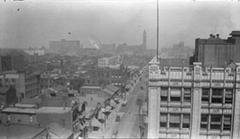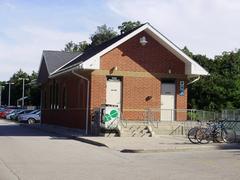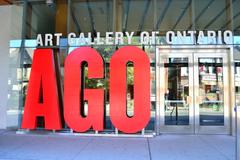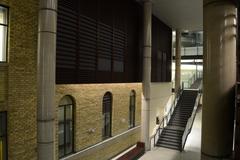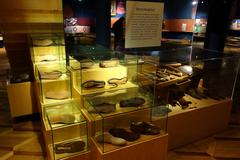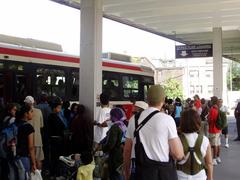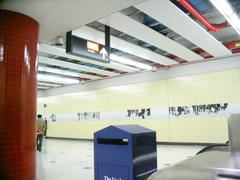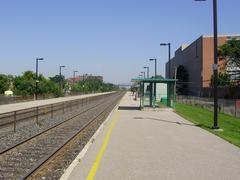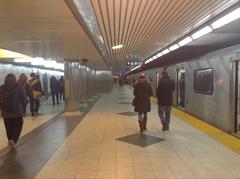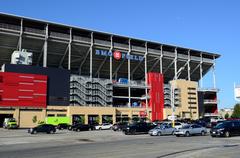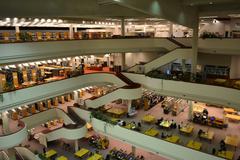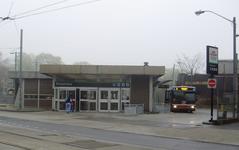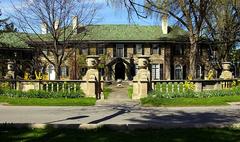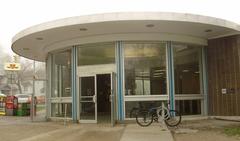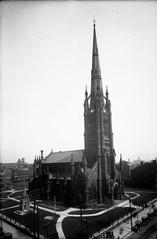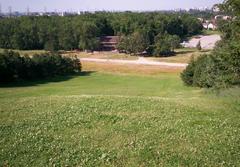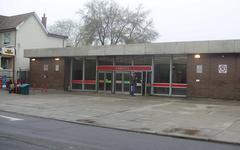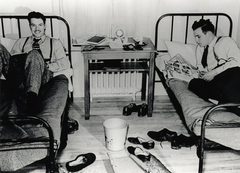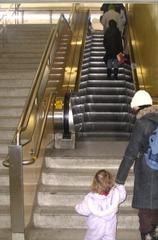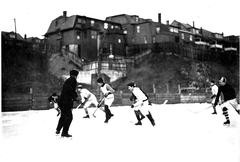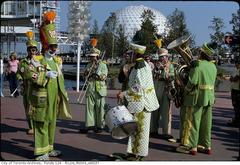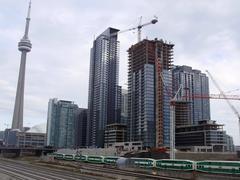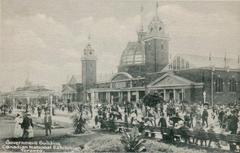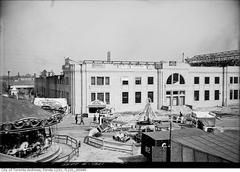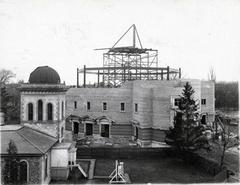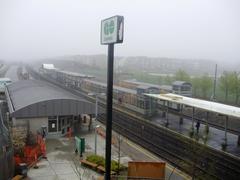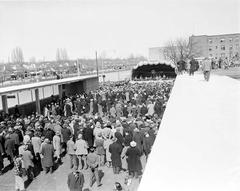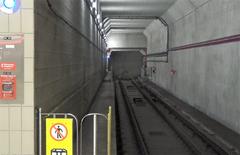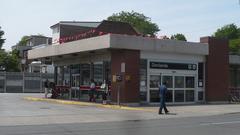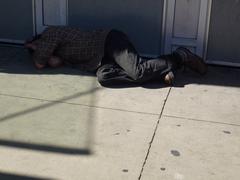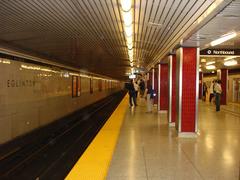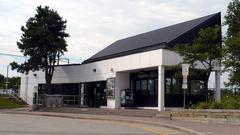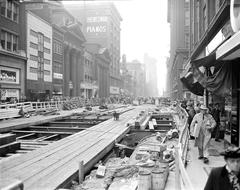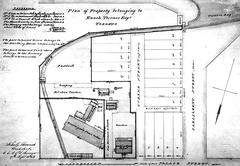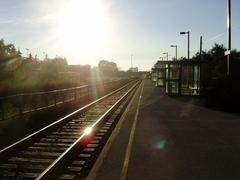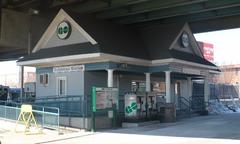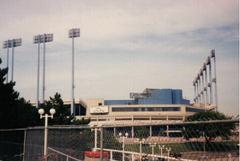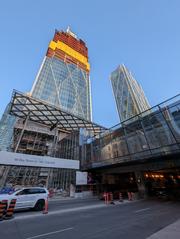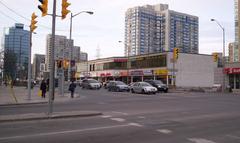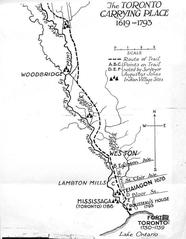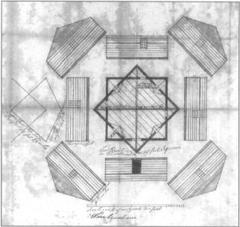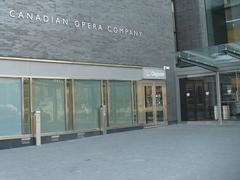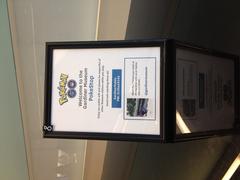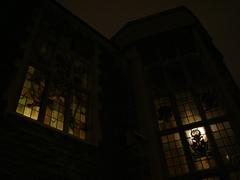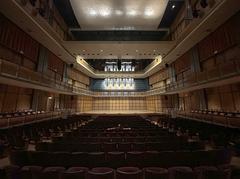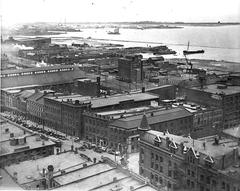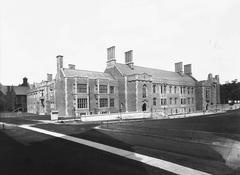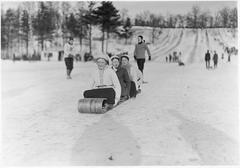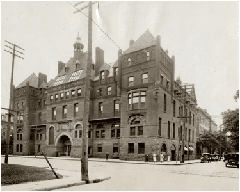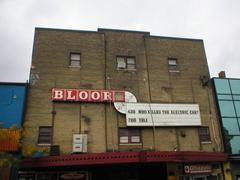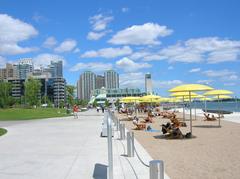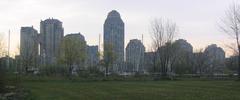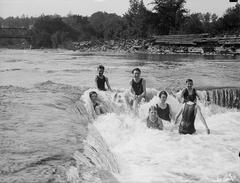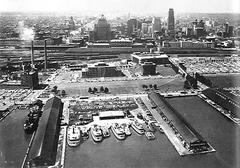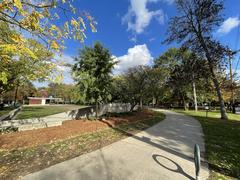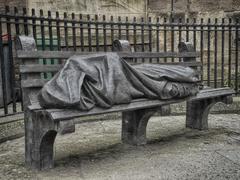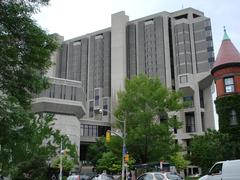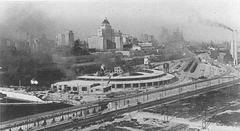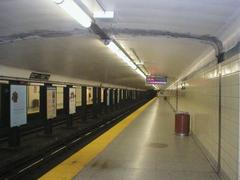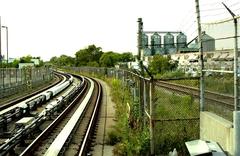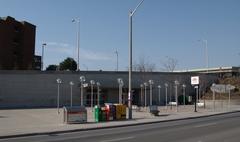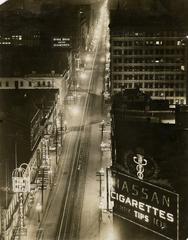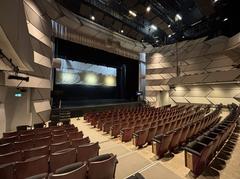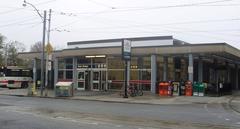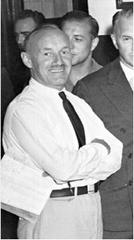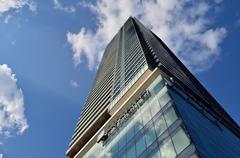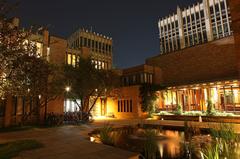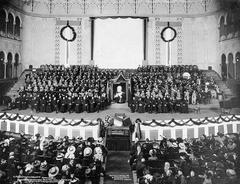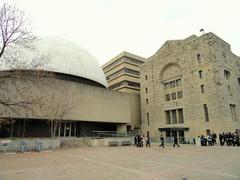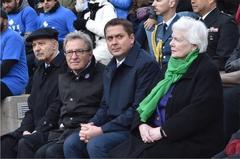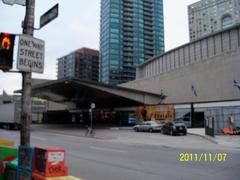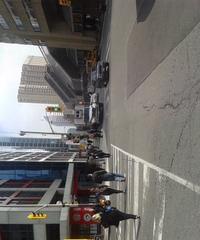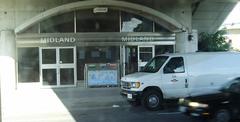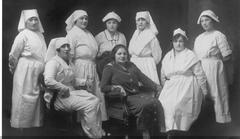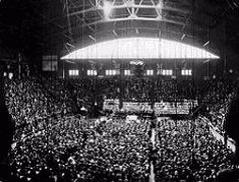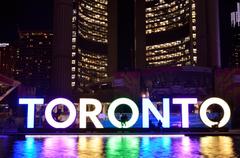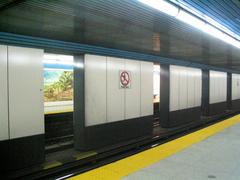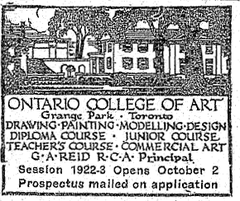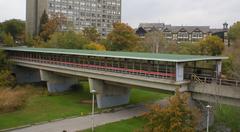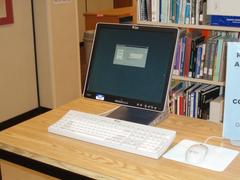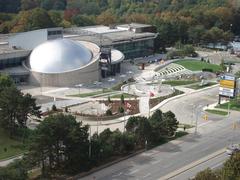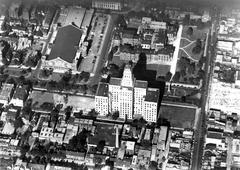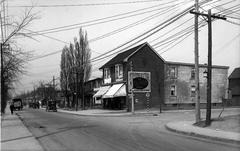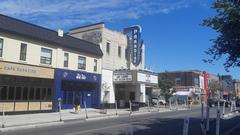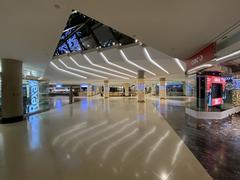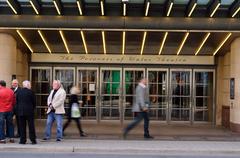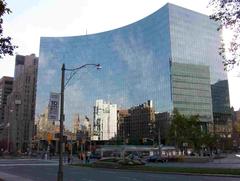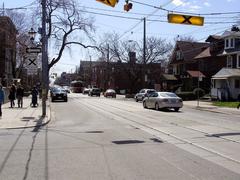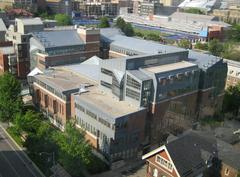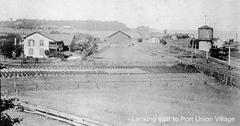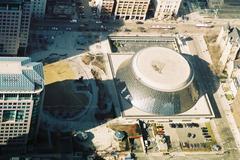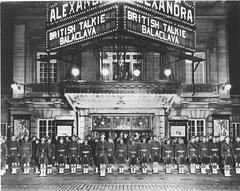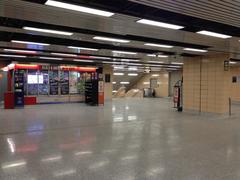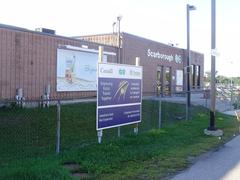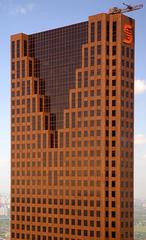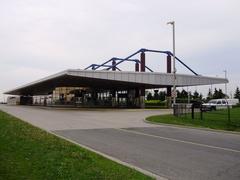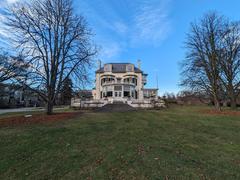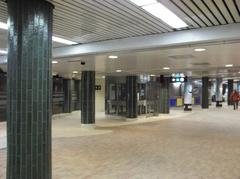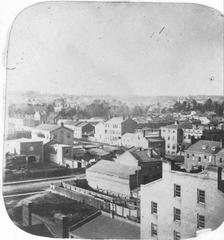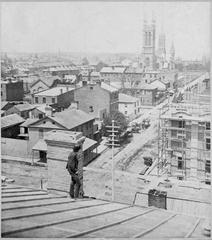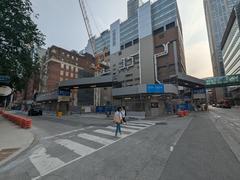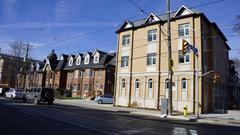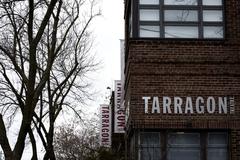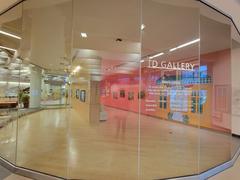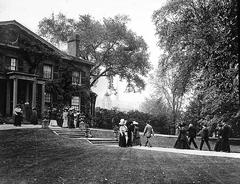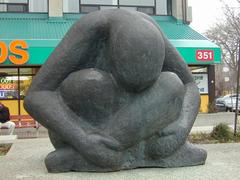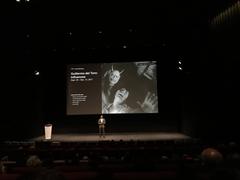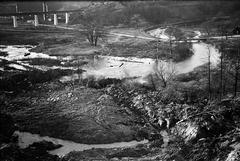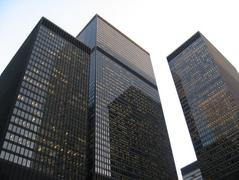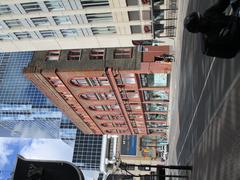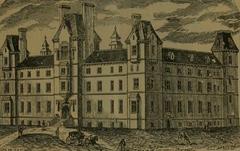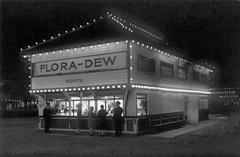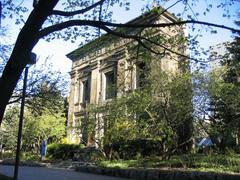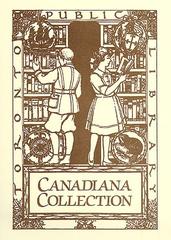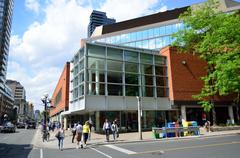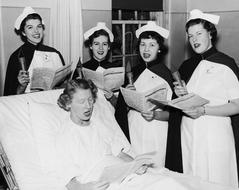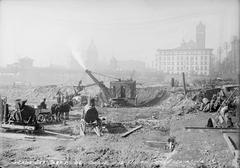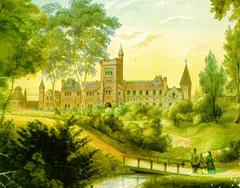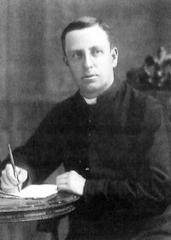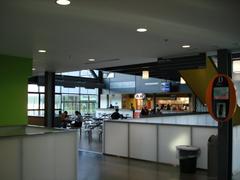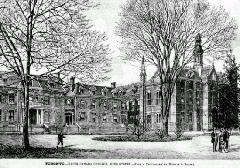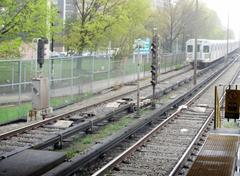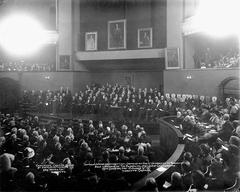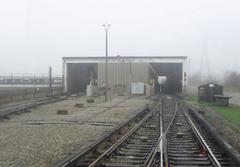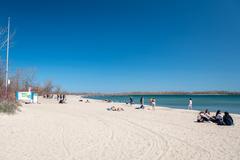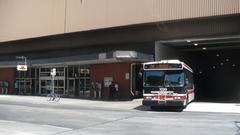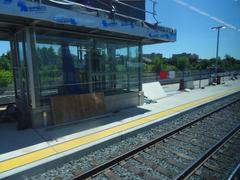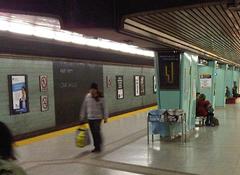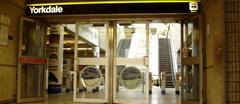
First Unitarian Congregation of Toronto: Visiting Hours, History, and Visitor Guide
Introduction
The First Unitarian Congregation of Toronto is a landmark institution blending nearly two centuries of spiritual, cultural, and social history. Since its founding in 1845, it has stood as a beacon of liberal religious thought, social justice, and inclusivity, making it both a vital spiritual community and a significant Toronto historical site. This comprehensive guide offers everything you need to know for a rewarding visit, from history and architectural highlights to current visiting hours, accessibility, special events, and travel tips.
For more details on the congregation’s history, community life, and visitor information, please visit the official website and location updates.
Table of Contents
- Overview and Historical Significance
- Key Historical Milestones
- Governance and Community Life
- Notable Figures and Contributions
- Architectural and Cultural Significance
- Visiting Information
- Accessibility and Participation
- Community Outreach and Programs
- Nearby Attractions
- Frequently Asked Questions (FAQ)
- Conclusion
- References
Overview and Historical Significance
Founded in 1845, the First Unitarian Congregation of Toronto is the second oldest Unitarian congregation in Canada. It has played a pioneering role in advocating for liberal religious values, intellectual freedom, and active engagement in social justice. Through its long history, the congregation has consistently championed causes such as peace, women’s rights, mental health, and refugee sponsorship, reflecting its enduring commitment to inclusivity and humanitarian values (First Unitarian Toronto History, Wikipedia).
Key Historical Milestones
Founding and Early Years (1845–1854)
The congregation began as a small group of British and Irish immigrants, including Dr. Joseph Workman, who would later become known as the “Father of Canadian Psychiatry.” Early gatherings took place on George Street, setting a foundation for intellectual and spiritual freedom (First Unitarian Toronto History).
Jarvis Street Era (1854–1949)
By 1854, the growing congregation established a dedicated church at 216 Jarvis Street, attracting influential figures such as Dr. Emily Stowe (Canada’s first female physician) and artist Arthur Lismer. The church became known for its progressive spirit and advocacy (Wikipedia).
St. Clair Avenue West Period (1949–2018)
In 1949, the congregation relocated to 175 St. Clair Avenue West, where it continued to serve as a center for worship and activism. It was here that the Elizabeth Fry Society was founded in 1952, and the congregation grew into a leader in peace, mental health, and refugee support (UUA Story).
Social Justice and Refugee Sponsorship
The congregation’s reputation for social justice is highlighted by its sanctuary for Vietnam War draft evaders, sponsorship of Central American refugees in the 1980s, and the 2015 partnership with Muslim organizations to sponsor Syrian refugee families (UUA Story).
Oakwood-Vaughan Relocation (2018–2025)
A new chapter began in 2018, as the congregation moved to 473 Oakwood Avenue in the Oakwood-Vaughan neighborhood. While renovations are ongoing and set to be completed by mid-2025, services and community programs continue both in temporary physical venues and online (First Unitarian Toronto Locations, First Unitarian Toronto – Building Our Home).
Governance and Community Life
Operating with a democratic structure, the congregation elects a board and approves budgets annually (Wikipedia). It is the largest Unitarian Universalist congregation in Greater Toronto and is affiliated with the Canadian Unitarian Council. Its covenant—“Love is our doctrine, the quest for truth is our sacrament, and service is our prayer”—guides its mission (First Unitarian Toronto About).
Notable Figures and Contributions
Noteworthy members have included Dr. Joseph Workman, Dr. Emily Stowe, artist Arthur Lismer, musician Dr. Luigi von Kunits, and civic leaders such as Edward Fisher and William Dennison. Their legacies reinforce the congregation’s influence on Toronto and Canadian society (First Unitarian Toronto History). As of 2025, Rev. Linda Thomson guides the congregation through its latest transition (First Unitarian Toronto Ministers).
Architectural and Cultural Significance
The original St. Clair Avenue West building, designed by BB&R Architects and completed in 1951, was a notable example of modernist religious architecture and was recommended for heritage designation. The new Oakwood Avenue site, designed for accessibility and community engagement, continues this tradition of openness and inclusivity (First Unitarian Toronto – Renovation Updates).
Visiting Information
- Address (2025): 473 Oakwood Avenue, Toronto, ON (First Unitarian Toronto Locations)
- Temporary Meetings: Oakwood Collegiate Institute and online during renovations
- Visiting Hours: Sunday services at 10:30 a.m.; administrative office open Monday to Friday, 9:00 AM–3:00 PM (events calendar)
- Admission: Free; no tickets required for most services or events
- Guided Tours: Available for groups by prior arrangement (First Unitarian Toronto – Contact)
- Special Events: Annual Oakwood Village Spring Fling, educational workshops, and more. See event calendar for updates.
- Contact: 416-924-9654 | [email protected]
Accessibility and Participation
The Oakwood Avenue building is fully wheelchair accessible, with accommodations for mobility devices, assistive listening devices, and large print or Braille hymnals (UUA Accessibility). All ages, backgrounds, and abilities are welcome. Services are hybrid (in-person and online via Zoom/YouTube) to maximize participation (Online Services).
Visitor Etiquette:
- Dress is casual or business casual.
- Participation in rituals is voluntary.
- Please ask before photographing services or private gatherings.
Community Outreach and Programs
The congregation’s advocacy includes:
- Reconciliation Working Group: Focused on right relations with Indigenous Peoples (Annual Report 2024-25).
- Refugee Sponsorship: Ongoing support for refugee families (Annual Report 2024-25).
- Lifespan Religious Education: Programs for all ages to foster a “Beloved Community” (Annual Report 2024-25).
- Interfaith Leadership: Collaboration with other faith groups and neighborhood organizations.
Nearby Attractions
Within walking or short transit distance:
- Casa Loma: Toronto’s historic castle
- Spadina House
- David A. Balfour Park
- Wychwood Barns
- Beltline Trail
- Oakwood Village shops and cafes (Trek Zone, Mapcarta)
Frequently Asked Questions (FAQ)
Q: What are the visiting hours?
A: Sunday services begin at 10:30 a.m.; office open weekdays 9:00 AM–3:00 PM. Check the events calendar for updates.
Q: Is there an admission fee or ticket required?
A: No, attendance is free for services and most events.
Q: Is the site wheelchair accessible?
A: Yes.
Q: Are guided tours available?
A: Yes, for groups by prior arrangement.
Q: Can I attend services online?
A: Yes, services are streamed live (Online Services).
Q: Can I take photos inside?
A: Only with permission, especially during services.
Conclusion
The First Unitarian Congregation of Toronto is a cornerstone of the city’s spiritual and cultural landscape. Its rich legacy, progressive mission, and vibrant community life make it a must-visit for anyone interested in Toronto’s history, social justice, or inclusive spirituality. Whether you come for a Sunday service, a community event, or a guided tour, you’ll find a welcoming and intellectually open environment.
Plan your visit today: Check the latest schedules and updates at the official website, and consider joining the congregation’s ongoing journey of faith, justice, and community. For additional resources, download the Audiala app for event planning and virtual engagement.
References
- First Unitarian Toronto History
- Wikipedia
- UUA Story
- First Unitarian Toronto Locations
- Annual Report 2024-25
- CanadaHelps Profile
- First Unitarian Toronto About
- First Unitarian Toronto Ministers
- Trek Zone
- First Unitarian Toronto – Building Our Home
- First Unitarian Toronto – Renovation Updates
- UUA Accessibility
- First Unitarian Toronto – Contact
- Audiala app

